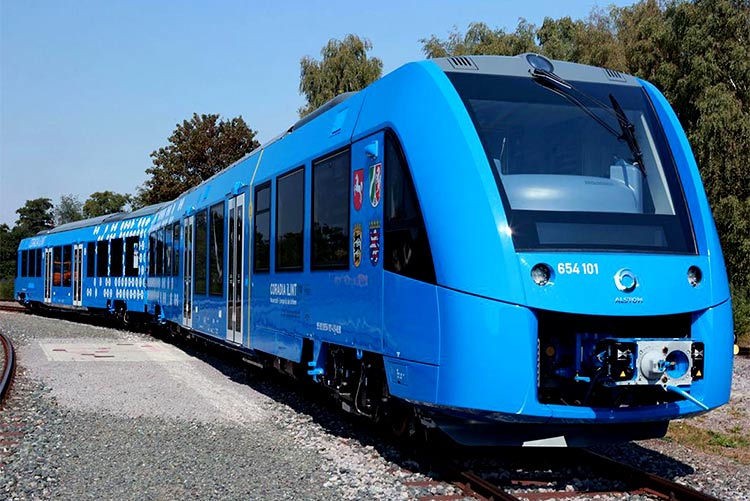The first hydrogen-powered train has officially started transporting passengers in Germany. It cost 83 million euros, according to the Fuel Cell Works portal, and will initially transport passengers between two stations near Hamburg.
Alstom, the company that produced the trains, claims that they represent a “real alternative to diesel propulsion”.
The launch of the hydrogen-powered train comes at a time when Germany and other European countries are trying to free themselves from dependence on Russian energy sources, due to European sanctions against Russia.

Trains, powered by hydrogen cells, were first presented to the public in 2016 and can reach a top speed of 140 kilometers per hour.
Hydrogen vehicles generate water and heat as a by-product, unlike the emission of exhaust gases that contribute to pollution, and the characteristic of this train is the low level of noise it produces.
Photo: Alstom